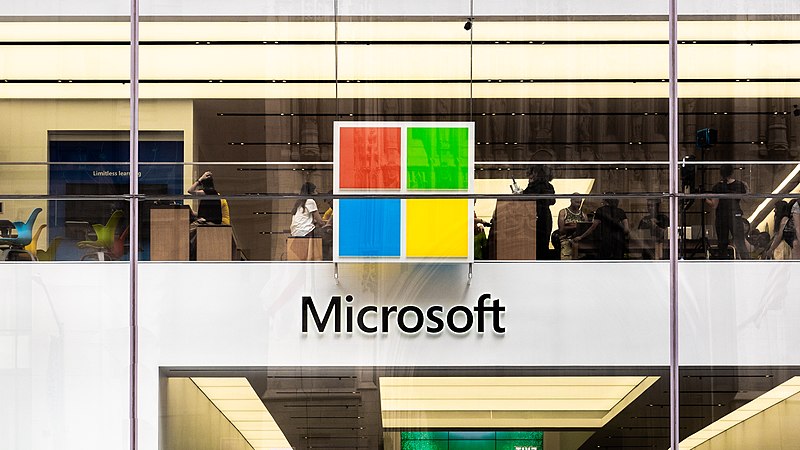The lawsuit, first filed on behalf of the New York Times in 2023, claims that Microsoft and OpenAI devoured massive amounts of copyright-protected material from the newspaper while the making of OpenAI’s best-known product, ChatGPT.
A federal judge has ruled that the New York Times and other media outlets may continue litigating a copyright infringement lawsuit against OpenAI and Microsoft, both accused of pilfering newspaper stories to train artificial intelligence-based chatbots.
According to The Associated Press, U.S. District Judge Sidney Stein of New York on Wednesday dismissed some of the claims made by the Times and its co-defendants, but determined that most of the lawsuit can proceed without hindrance.
“We appreciate Judge Stein’s careful consideration of these issues,” said Ian Crosby, an attorney for the Times. “As the order indicates, all of our copyright claims will continue against Microsoft and Open AI for the widespread theft of millions of The Times’s works, and we look forward to continuing to pursue them.”
The lawsuit, first filed on behalf of the Times in 2023, claims that Microsoft and OpenAI devoured massive amounts of copyright-protected material from the New York Times in the making of OpenAI’s best-known product, ChatGPT.
“Defendants’ generative artificial intelligence (‘GenAI’) tools rely on large-language models (‘LLMs’) that were build by copying and using millions of The Times’ copyrighted news articles, in-depth investigations, opinion pieces, reviews, how-to guides, and more,” the lawsuit alleges.

“Using the valuable intellectual property of others in these ways without paying for it has been extremely lucrative for Defendants,” it adds. “Microsoft’s deployment of Times-trained LLMs throughout its product line has helped boost its market capitalization by a trillion dollars in the past year alone. And OpenAI’s release of ChatGPT has driven its valuation to as high as $90 billion.”
Stern’s ruling also elicited praise from other newspapers involved in a consolidated lawsuit against Microsoft and OpenAI.
In a statement, Frank Pine, the executive editor of MediaNews Group and Tribune Publishing, emphasized that the dismissal of some claims does not in any way undermine his companies’ claims.
“The claims the court has dismissed to not undermine the main thrust of our case, which is that these companies have stolen our work and violated our copyright in a way that fundamentally damages our business,” Pine said.
Stein, notes The Associated Press, did not provide any written explanation of his ruling, but said that such an explanation will be published “expeditiously.”
OpenAI said that it welcomes “the court’s dismissal of many of these claims and look forward[s] to making it clear that we build our AI models using publicly available data, in a manner grounded in fair use, and supportive of innovation.”
Sources
Federal judge allows New York Times’ OpenAI lawsuit to proceed
Judge allows newspaper copyright lawsuit against OpenAI to proceed


Join the conversation!